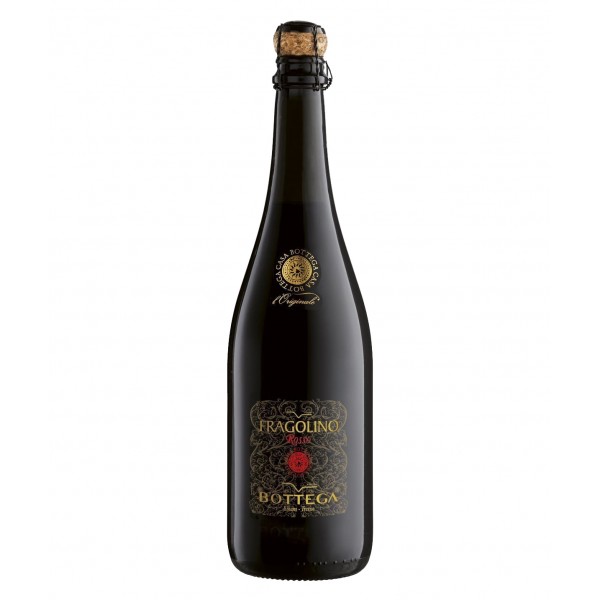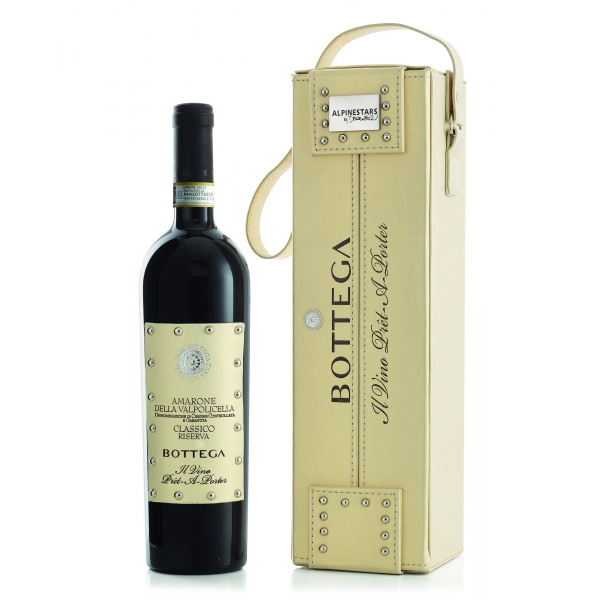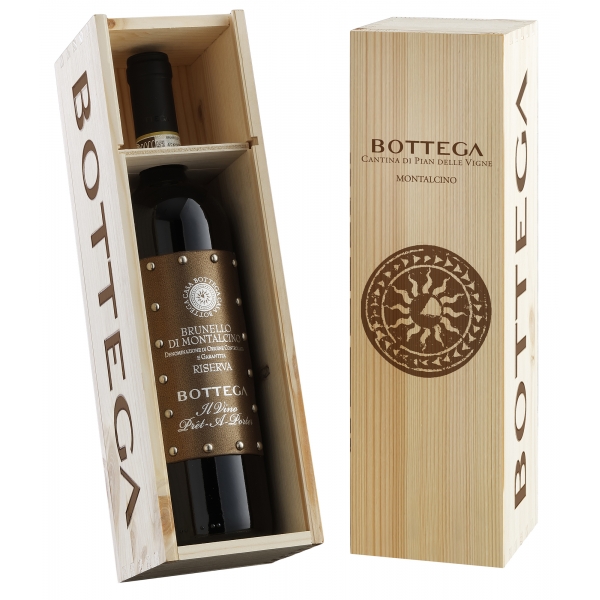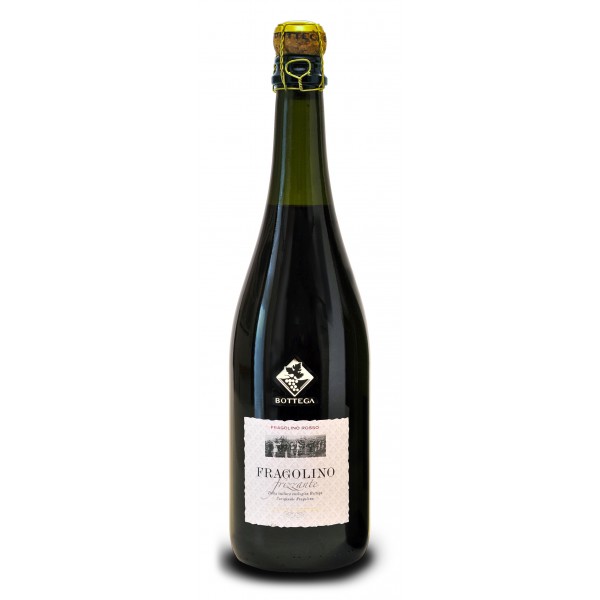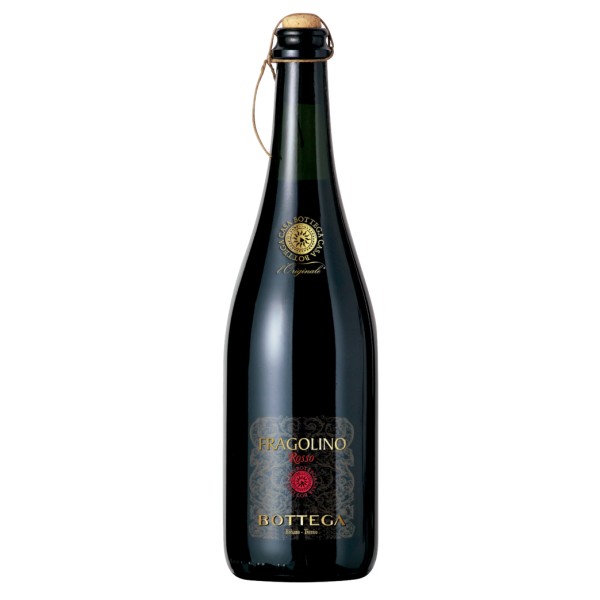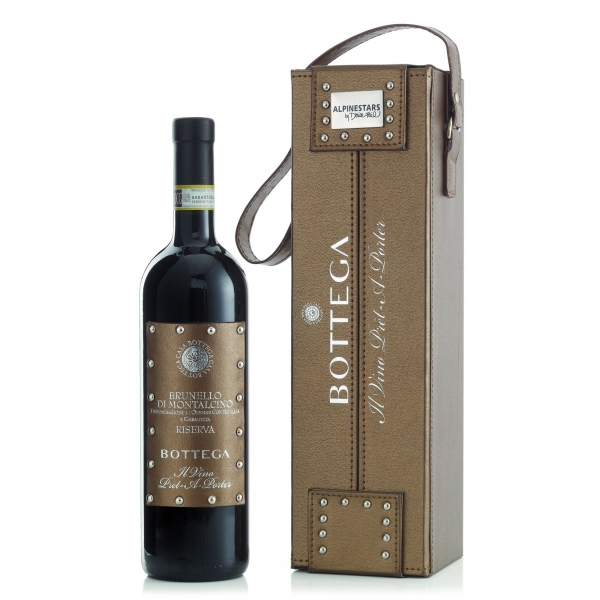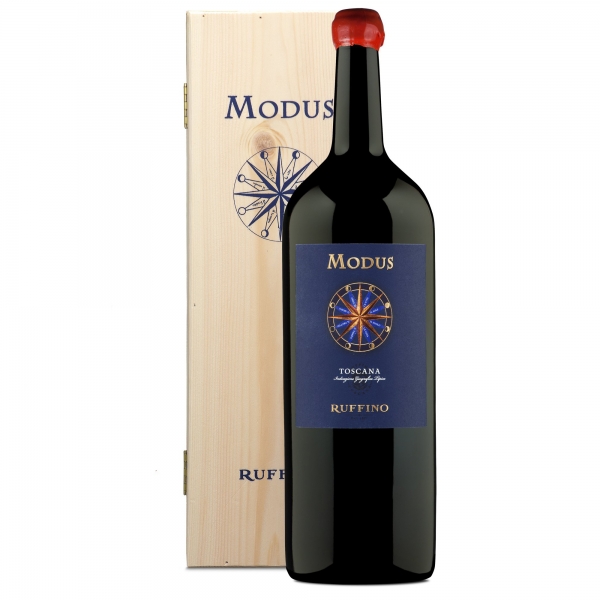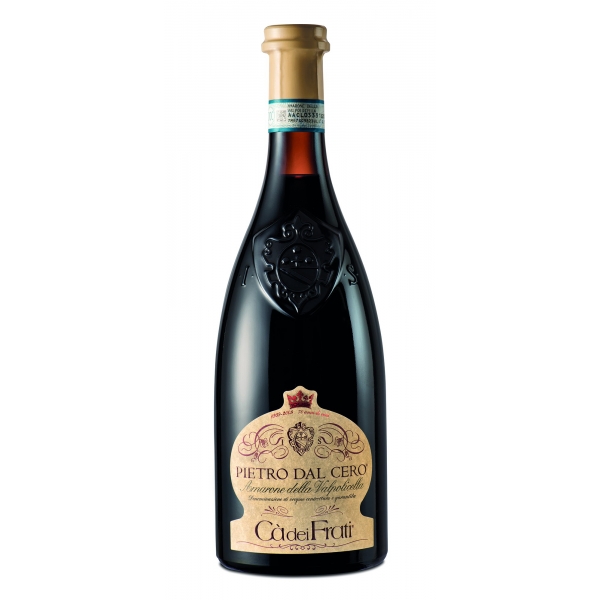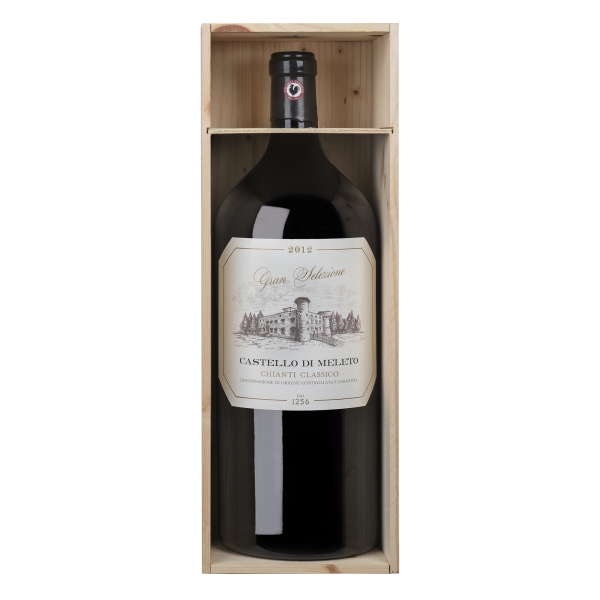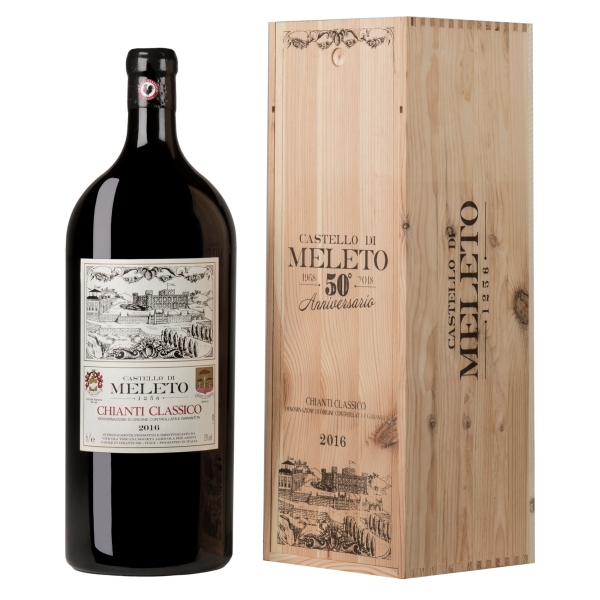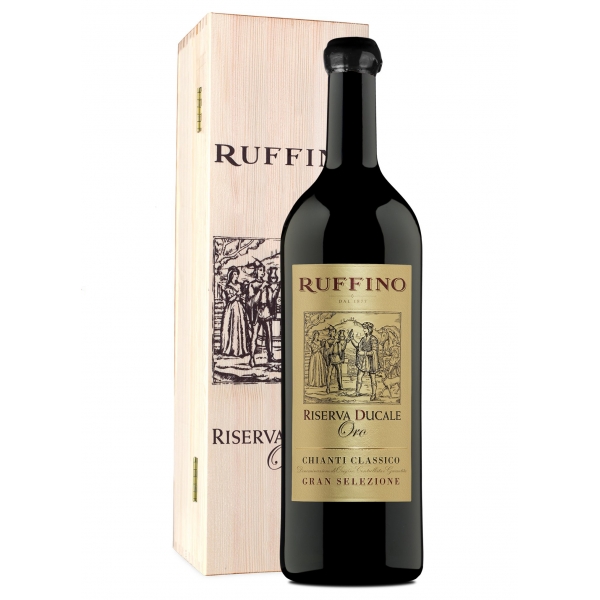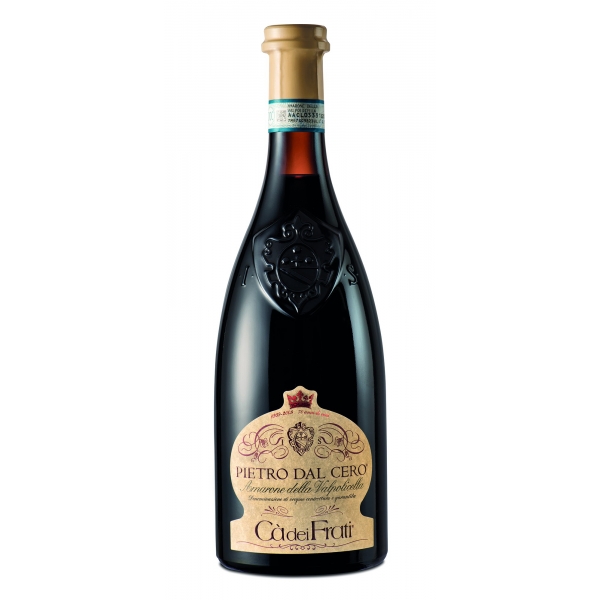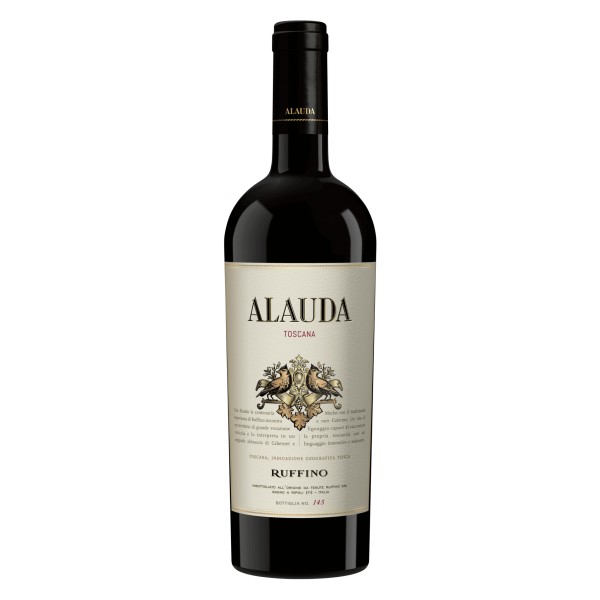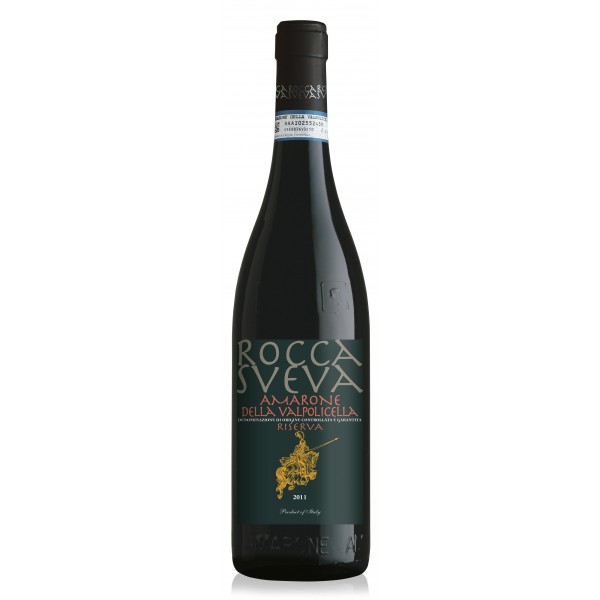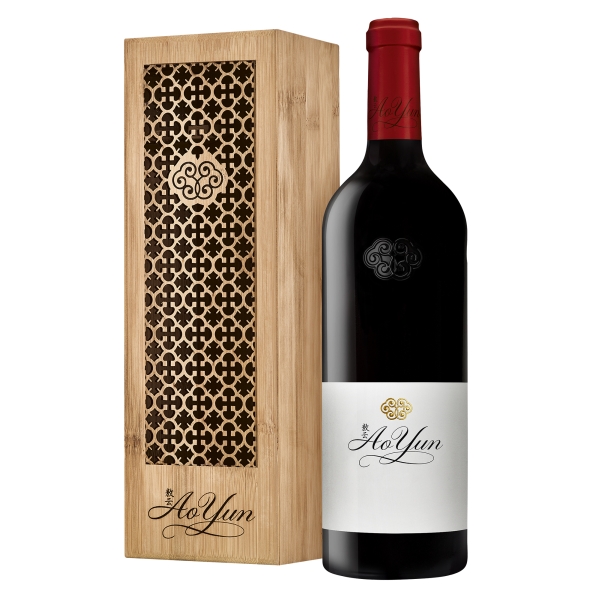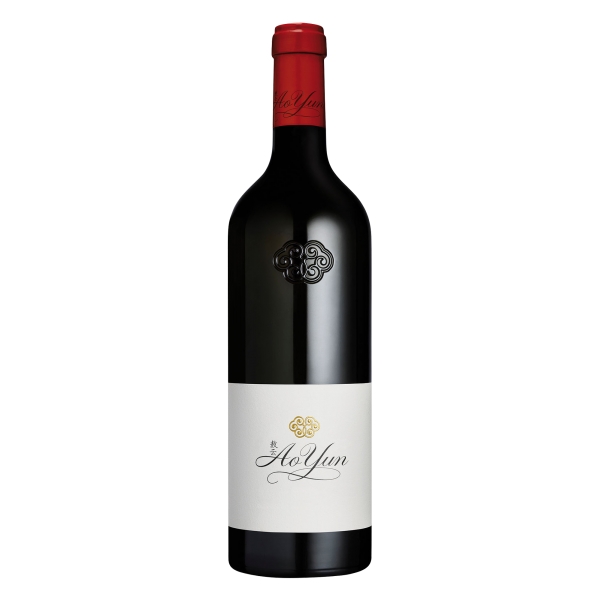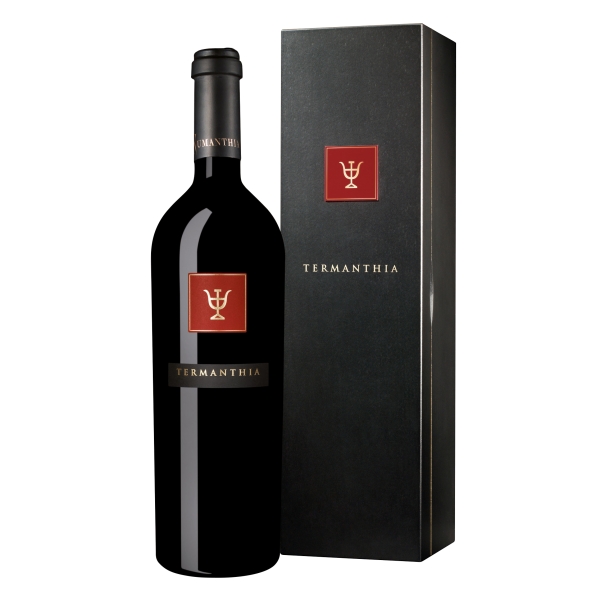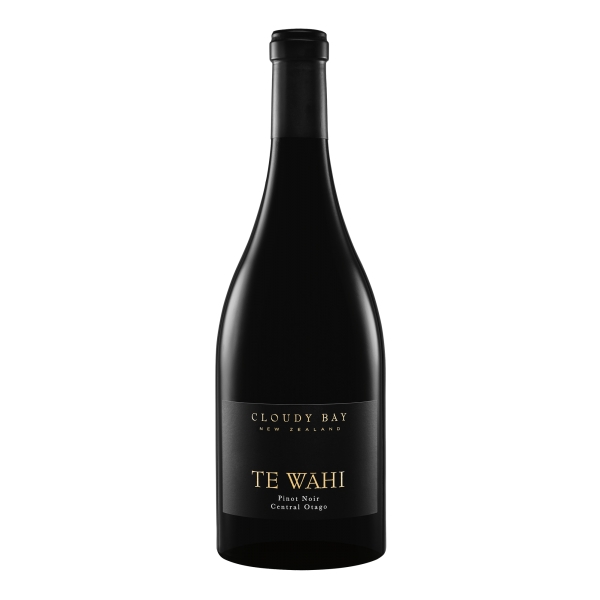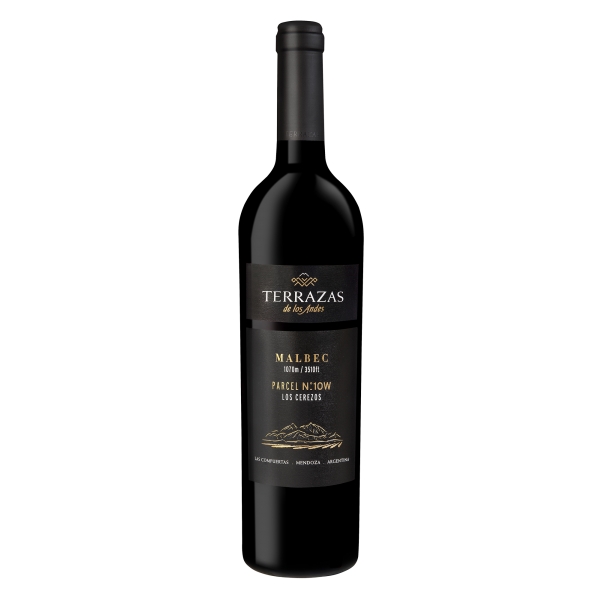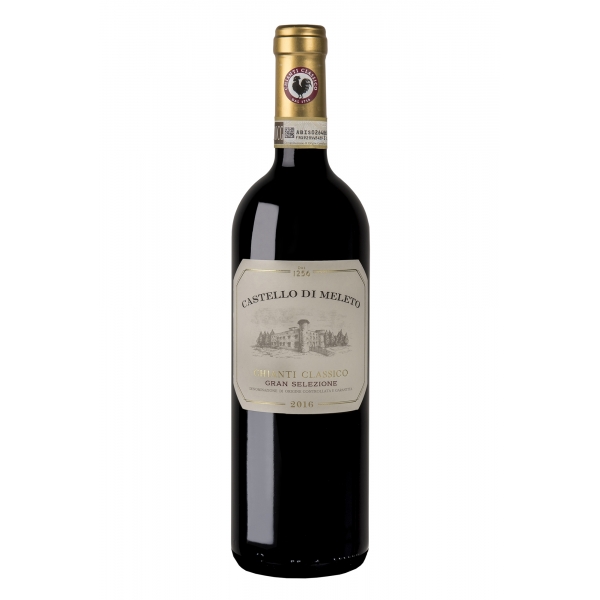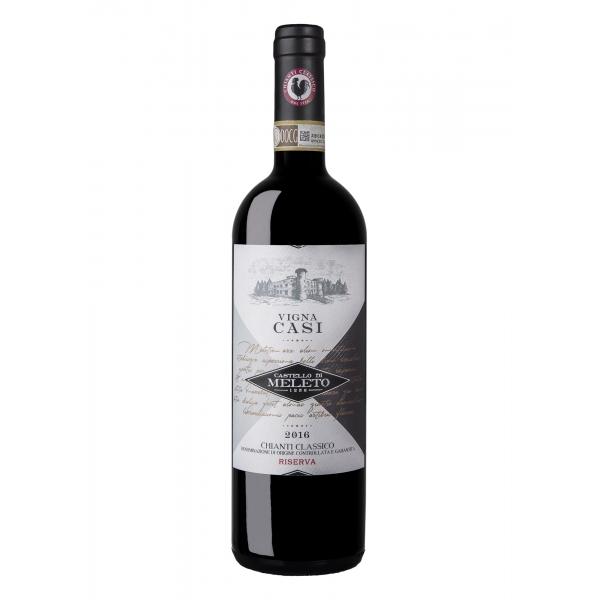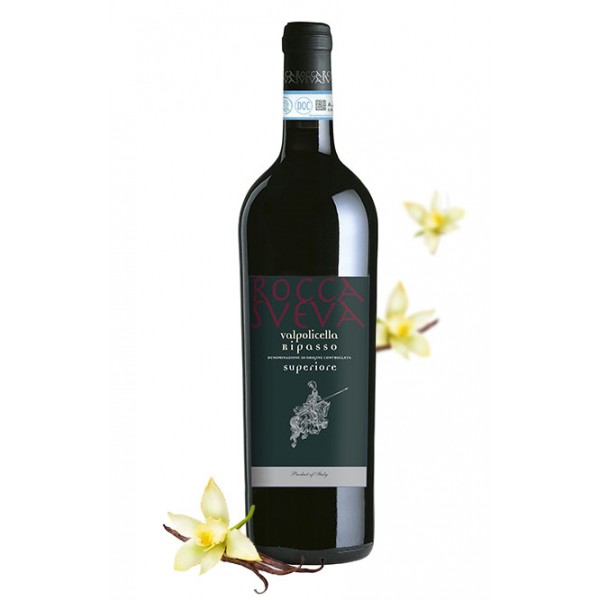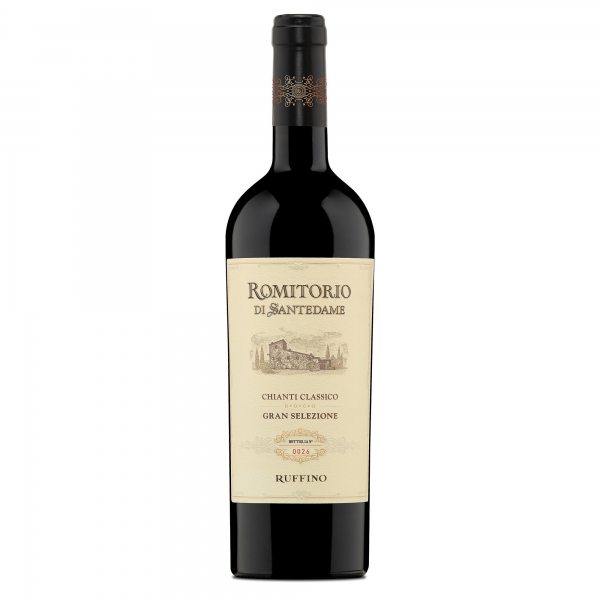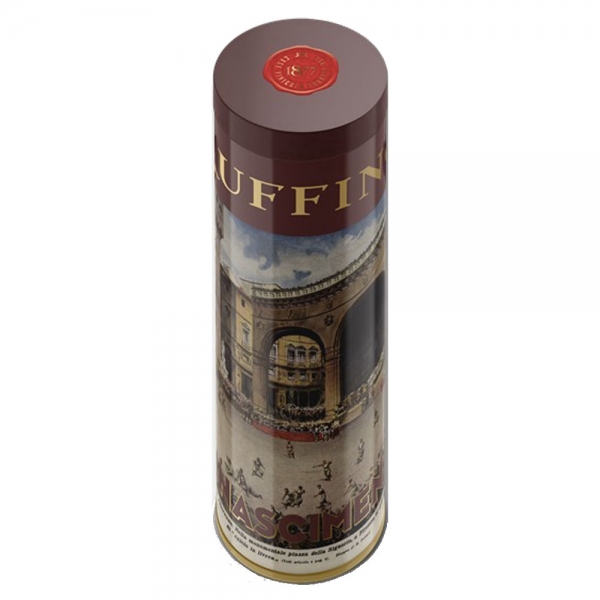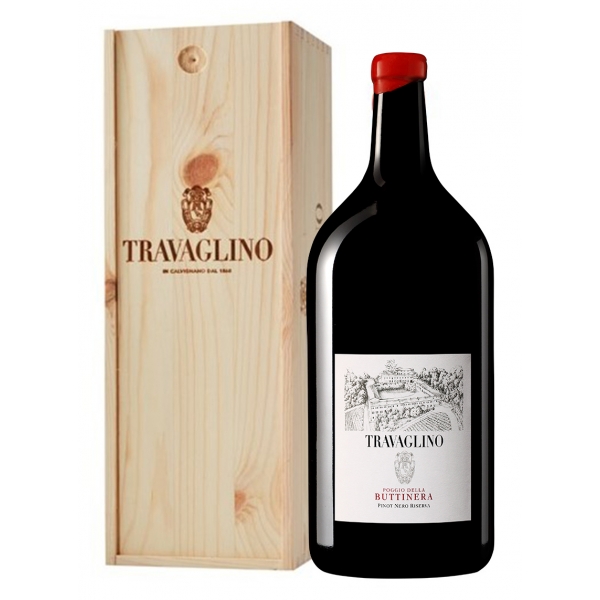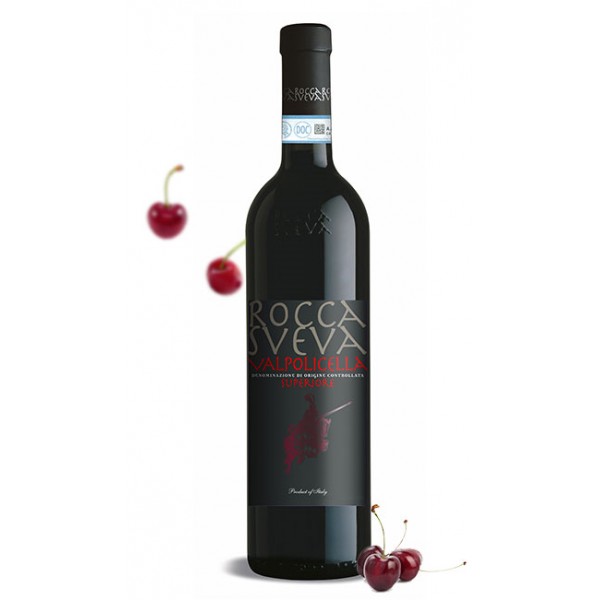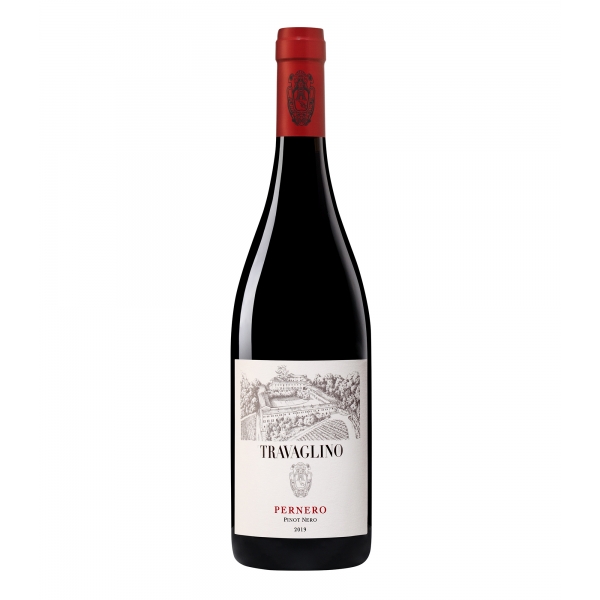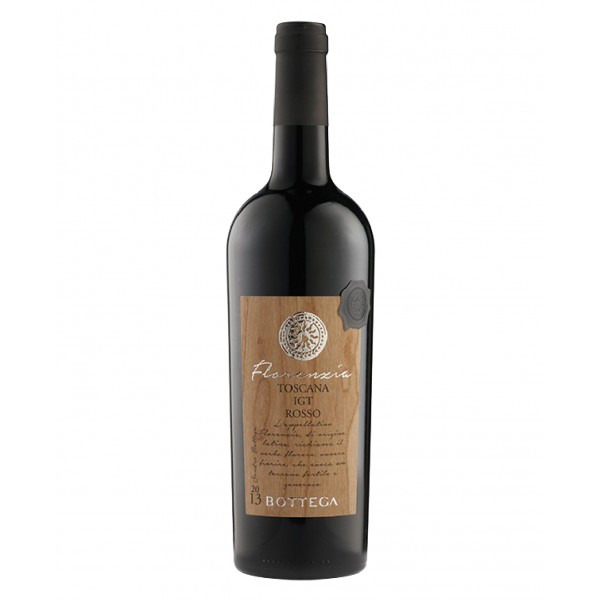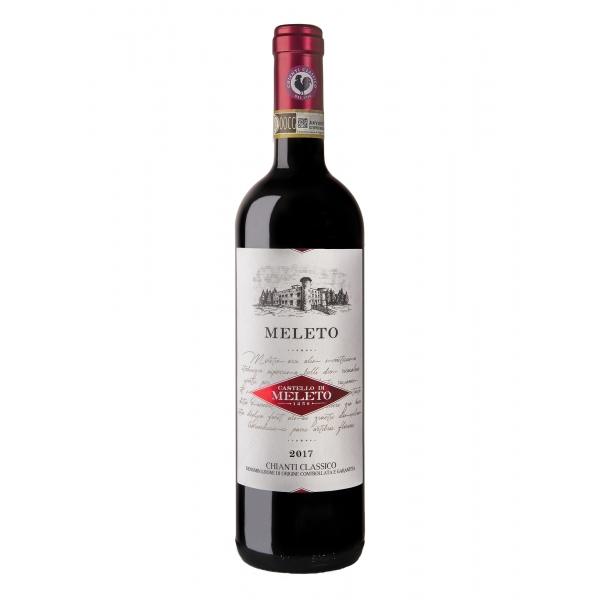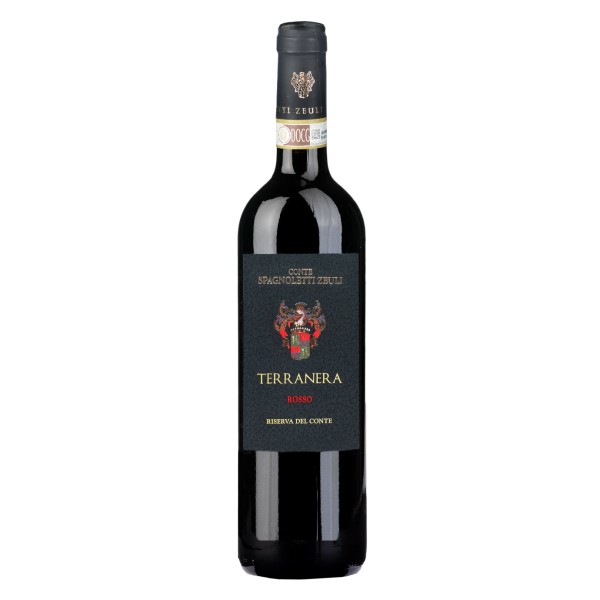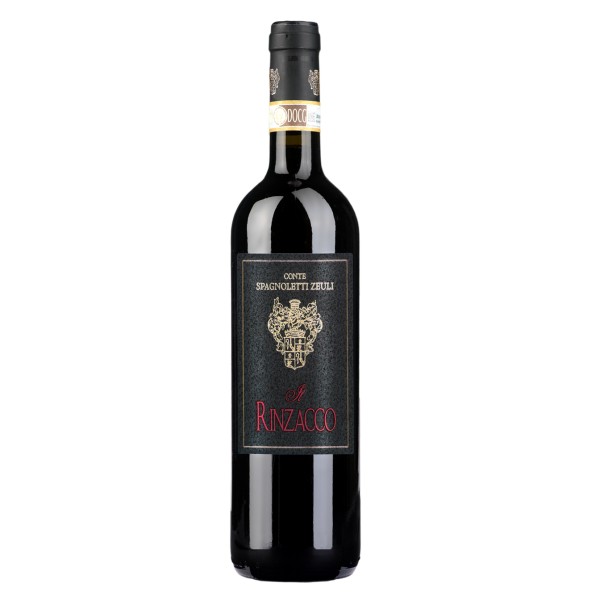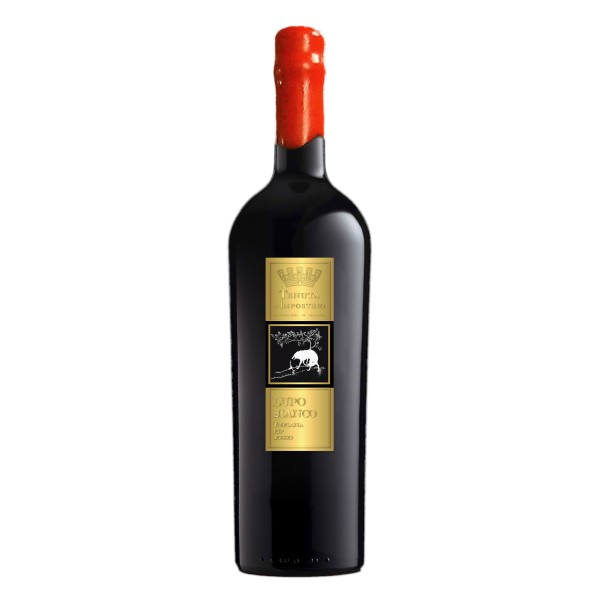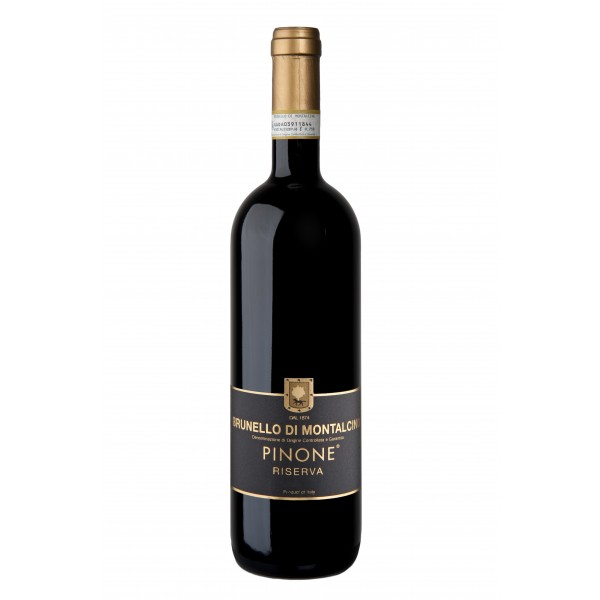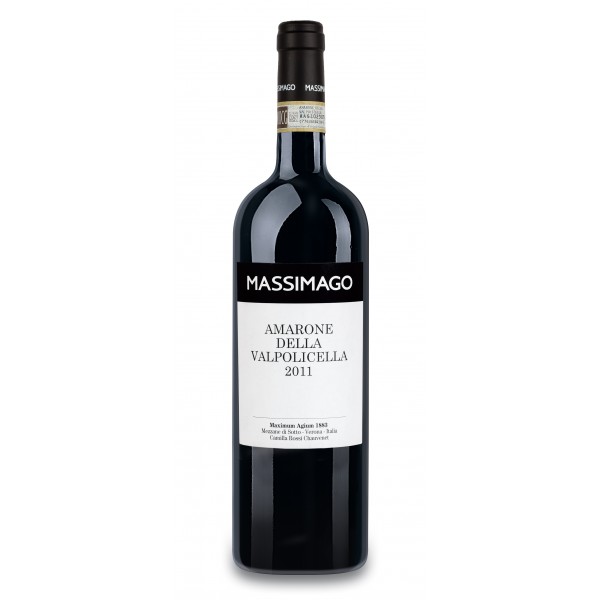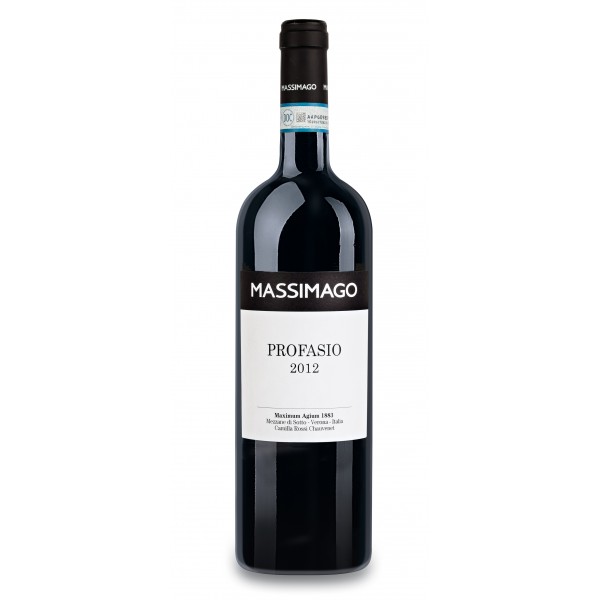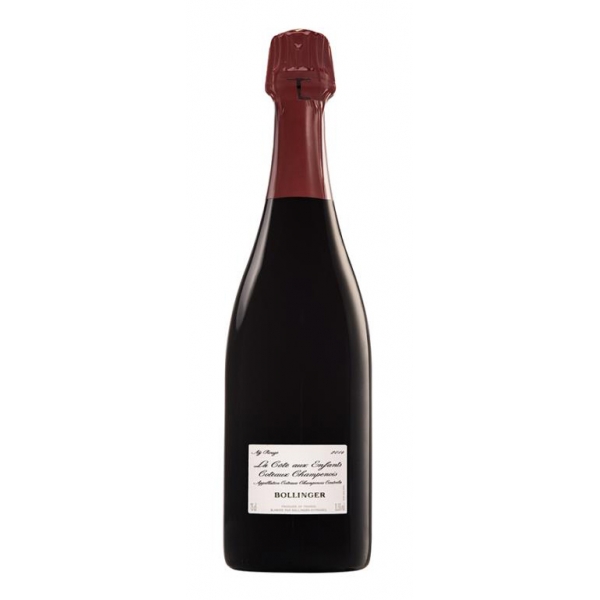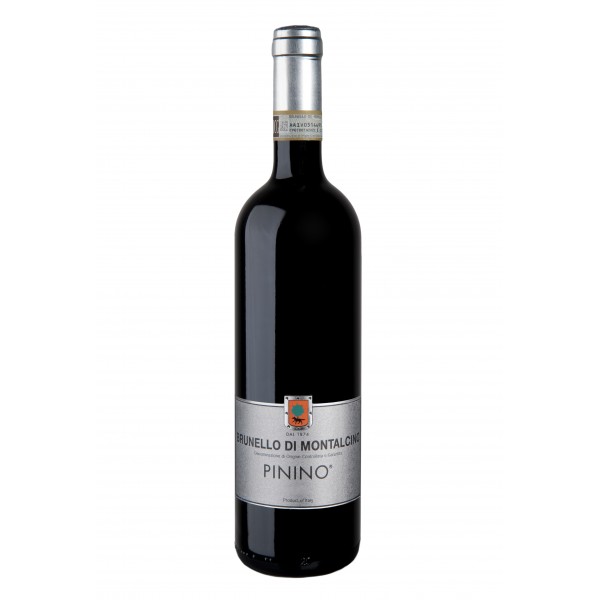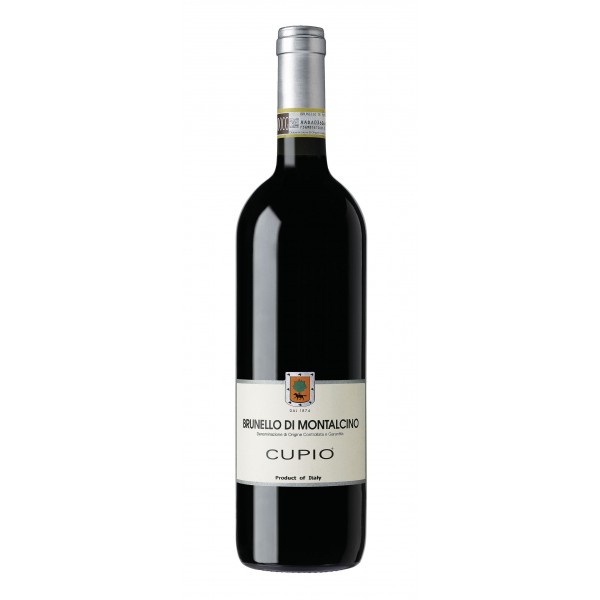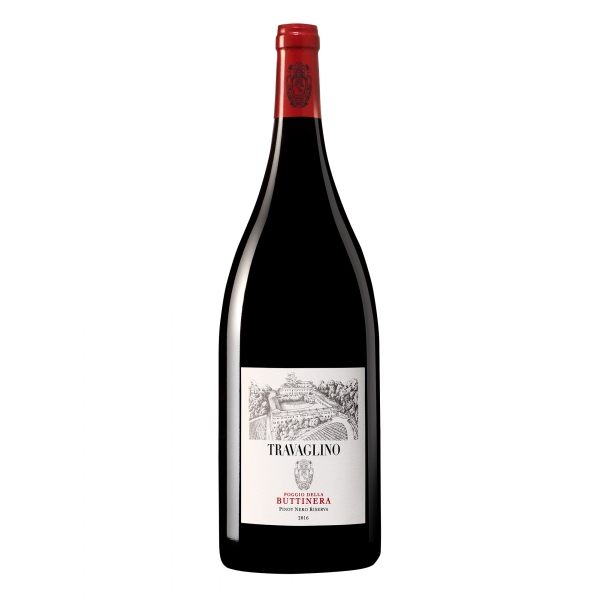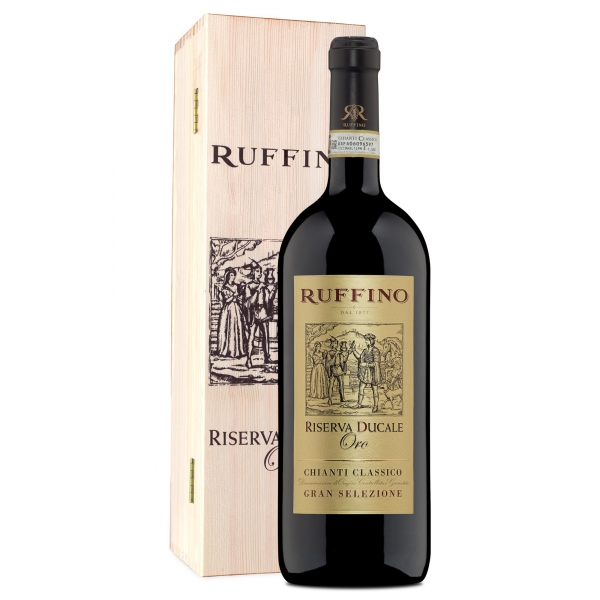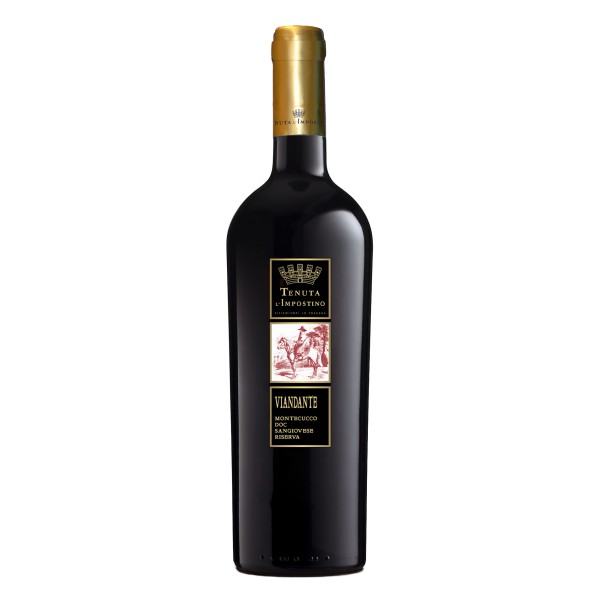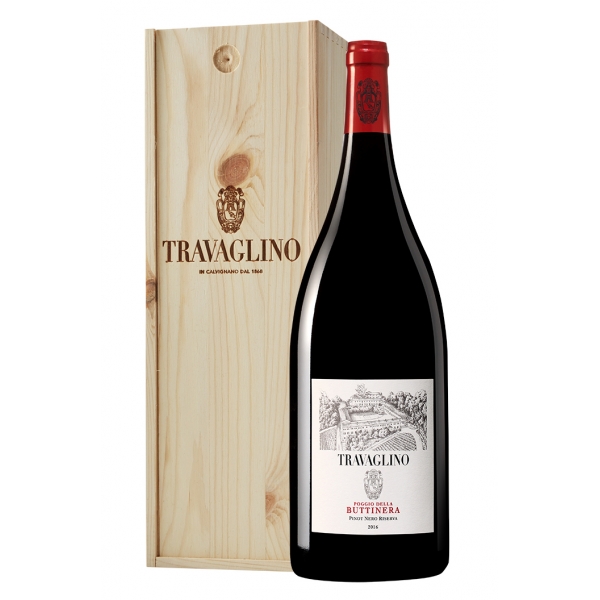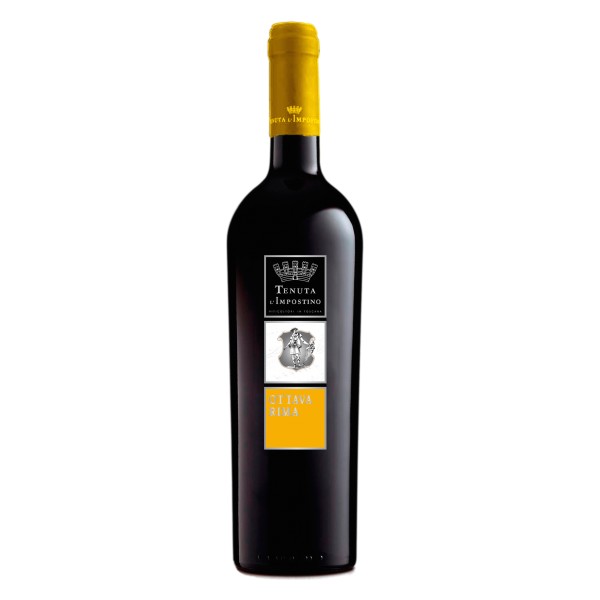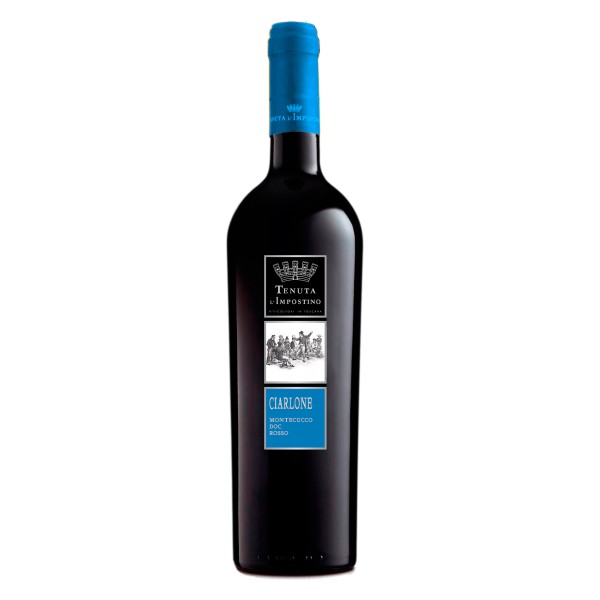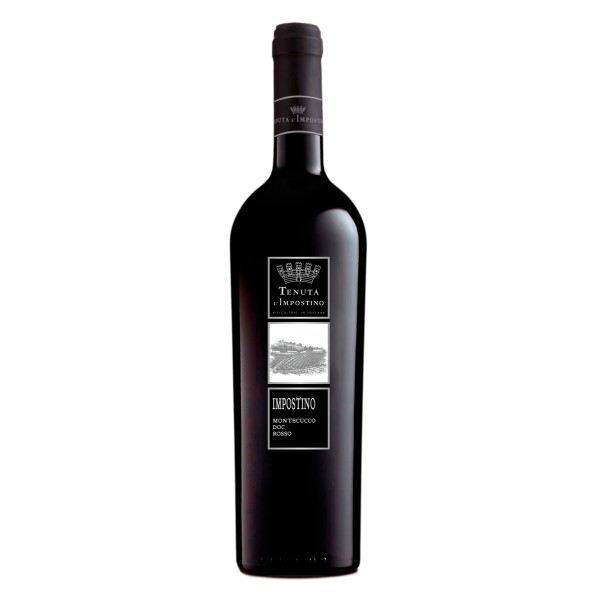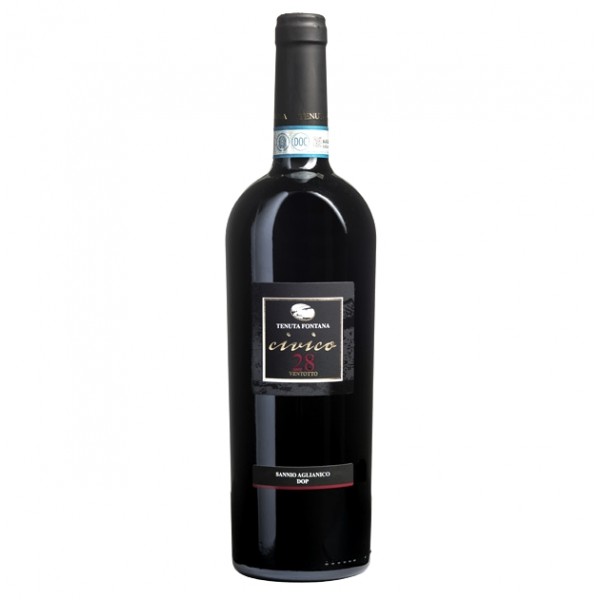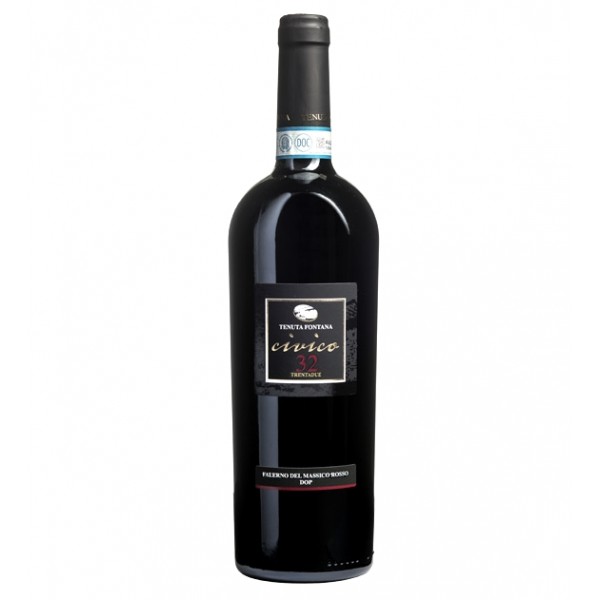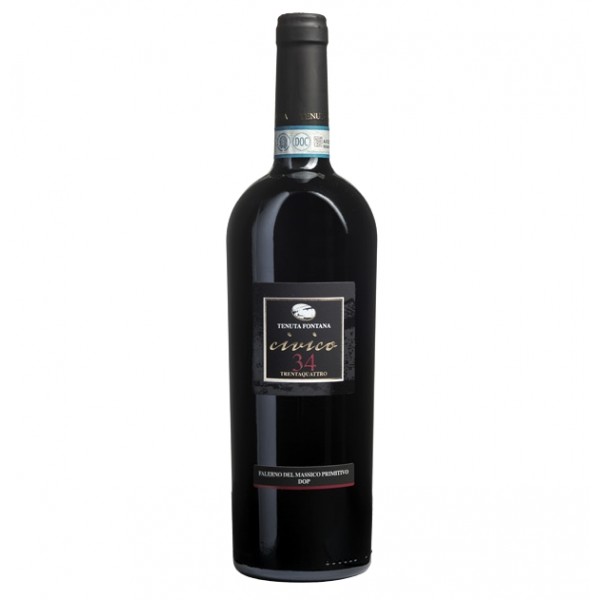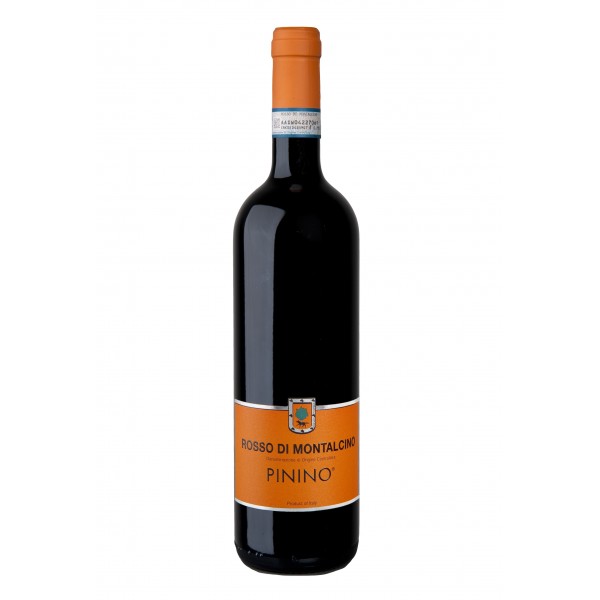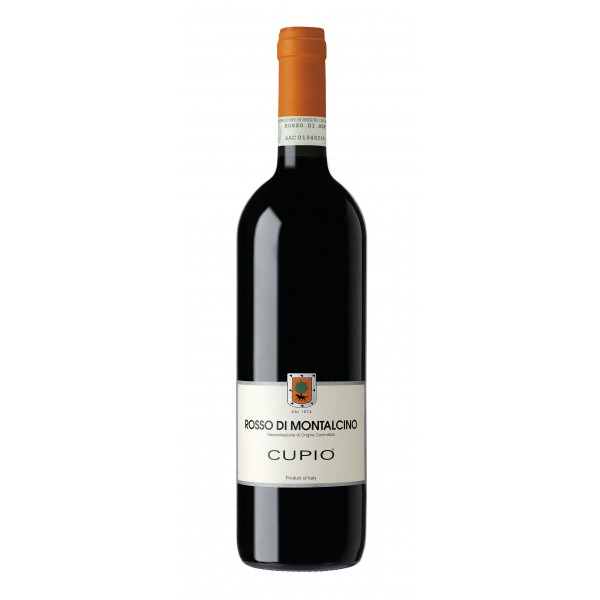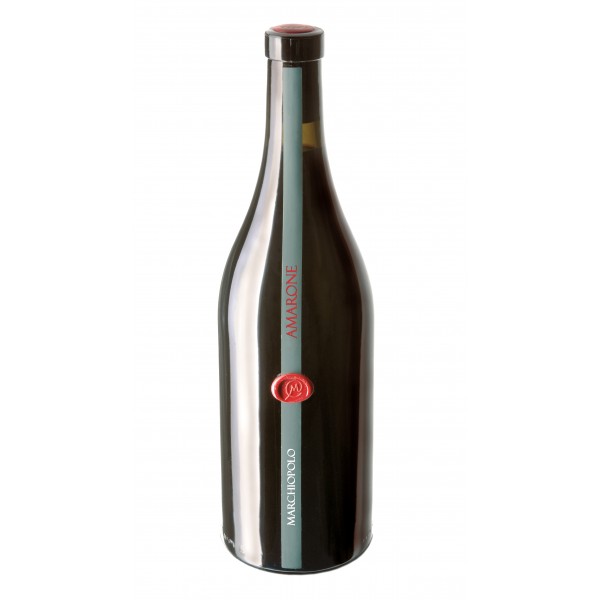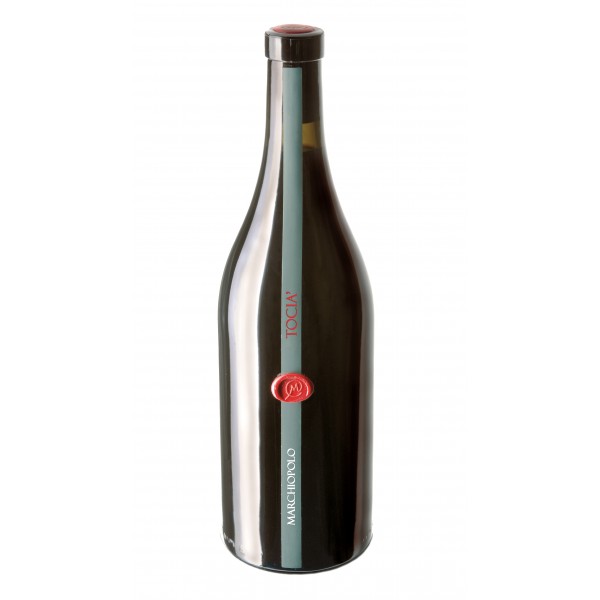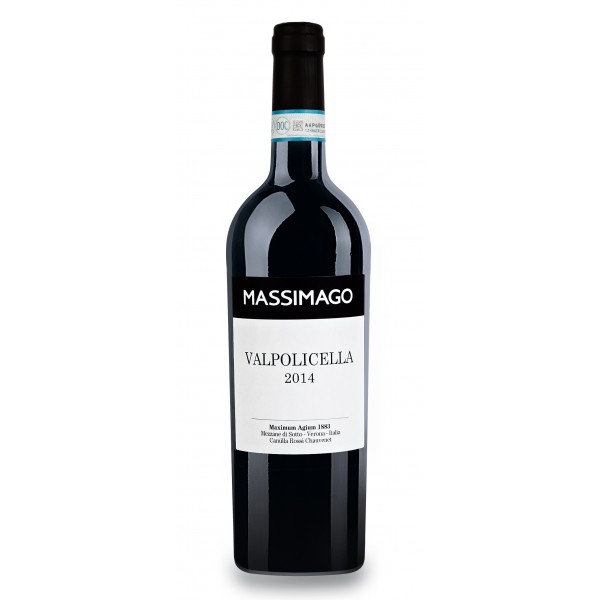No products
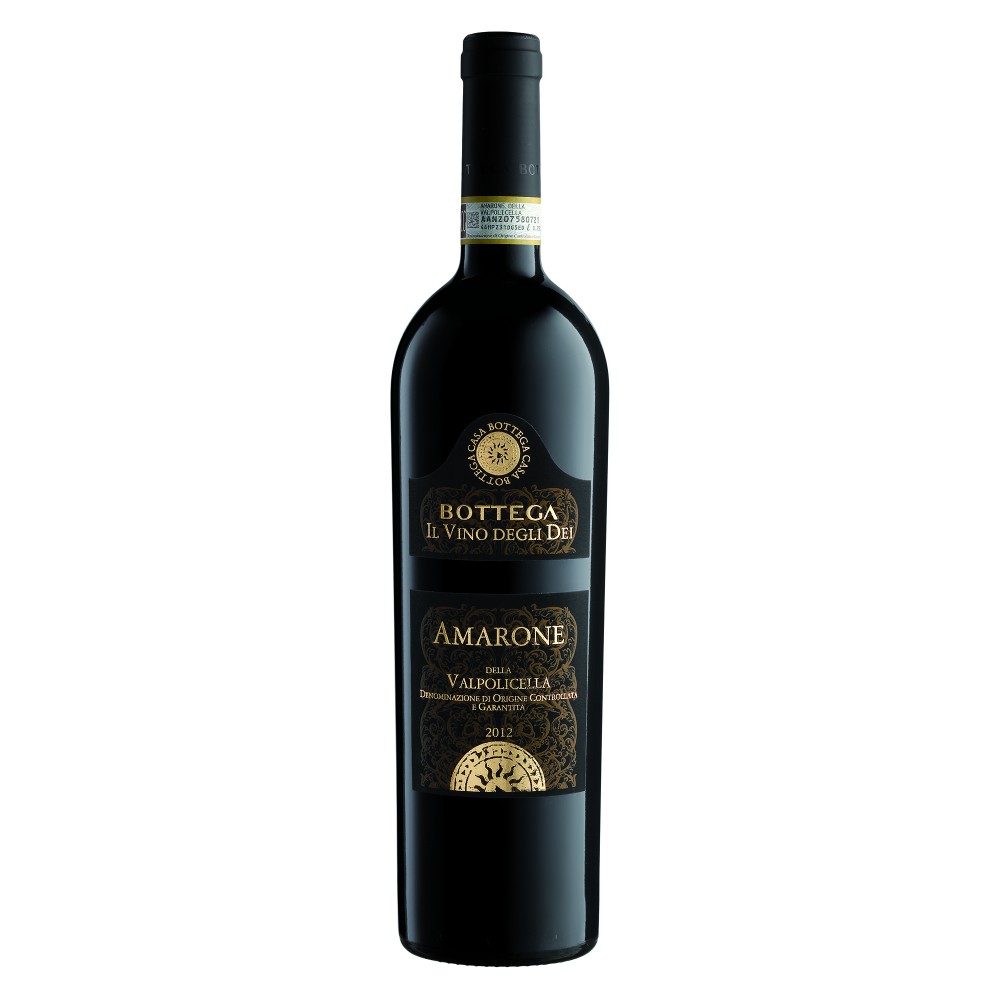 Expand view
Expand view
Bottega - Amarone of Valpolicella D.O.C.G. Bottega - Magnum - The Wine of Gods - Red Wines
Valpolicella is a land devoted to the cultivation of vines since ancient times: its name "val polis cellae" means, in fact, "the valley of the many wine cellars". We grow indigenous varieties such as Corvina Veronese, Corvinone, Rondinella and Molinara used to produce important red wines of great originality, typicality and international fame. Amarone DOCG. Magnum.
- Write a Review
By buying this product, you will collect up to 84 quality points. Your order will total 84 quality points that can be converted into a voucher of 0,84 €.
Information
| Package | 1,5 l |
| Certifications | D.O.C.G. |
| Region | Veneto |
| Nation | Italy |
Description
Bottega - Family Vintners & Master Distillers since 1935
Bottega S.p.A. it is at the same time a winery and a distillery, which has a close-knit team of expert winemakers both in winemaking and in distillation. The headquarters is located in Bibano di Godega (TV), in the Doc Prosecco area, 50 km north of Venice. The company was founded in 1977 by Aldo Bottega, master distiller with more than thirty years of experience in the field, which he had inherited from his grandfather, an expert wine merchant during the '20s, the passion for the world of wine. At the end of the '70s the company is a small company operating in the local grappa market.
In 1983, on the death of the founder, his son Sandro, together with his brothers Barbara and Stefano, took over the company. From an artisan reality, which operated only in the world of grappa, it has transformed over the years into one of the first 20 private wineries and distilleries. In the duty free and travel retail channel it has burned down the stages and, as far as sparkling wines are concerned, has become the second brand in the world, after a well-known Champagne brand. The unmistakable Bottega Gold, a Prosecco Doc characterized by the bottle with golden livery, is an icon of style that is appreciated throughout the world as an expression of the best Made in Italy.
Bottega - Amarone of Valpolicella D.O.C.G. Bottega - Magnum - Red Wines
Valpolicella is a land devoted to the cultivation of vines since ancient times: its name "val polis cellae" means, in fact, "the valley of the many wine cellars". We grow indigenous varieties such as Corvina Veronese, Corvinone, Rondinella and Molinara used to produce important red wines of great originality, typicality and international fame. Amarone DOCG, the most precious red wine from Valpolicella and one of the most important Italian wines, has won over the last few years the most refined palates of the world, thanks to its unique and inimitable personality, its charm and its wine character ancient but at the same time modern.
Production Area
Valpolicella, Veneto
Variety
Corvina, Corvinone, Rondinella
Altitude of the Vineyards
200-400 m above sea level
Plants per Hectare
4500
Breeding System
Veronese Pergola
Collection
First 15 days of October
Yield per Hectare
90 q / Ha
Production Area
Located in Veneto, in northern Italy, Valpolicella is a beautiful hilly area located a few kilometers north of Verona, surrounded by the Valdadige, Lessinia and the Verona plain, a stone's throw from Lake Garda. It extends in the hilly area at the foot of the Veronese Prealps (part of the group of the Eastern Alps) and has a predominantly hilly landscape with soft slopes. It differs from the surrounding areas by its particular shape, characterized by longitudinal valleys from south to north and therefore very favorable to the movement of air masses along the slopes, when strong southern winds blow. The area is well protected to the north by the Lessinia Prealps and for this reason the climate is similar to that of the Mediterranean, as evidenced by the presence, as well as the vine, the olive and the cypress. The soil consists of both calcareous-dolomite formations and basalts, as well as morainic and fluvial deposits of volcanic origin. This variability translates into a water and nutritional contribution that allows to ripen the grapes, reaching the optimal concentrations of the different fractions.
Production Process
The grapes, harvested strictly by hand and carefully selected, are dried in the "fruit" in particular conditions of humidity and at controlled temperatures. The best bunches are placed on the trellises in a single layer, to allow better air circulation and to prevent the grapes from becoming crushed. The drying process is continued until about the end of February. During this period the grapes, constantly monitored in order to remove the berries affected by harmful molds, lose half their weight. The drying process involves not only the evaporation of the water resulting in the concentration of sugars, but also a series of complex and important transformations: the acidity decreases, the relationship between glucose and fructose is modified, the polyphenols are concentrated and the content increases of glycerine.
Once this process has been completed, the grapes are subjected to crushing and alcoholic fermentation begins with the use of selected yeasts. The must, which has a very high sugar concentration, ferments slowly in steel tanks at a controlled temperature.
Following the daily pumping over, consisting in wetting the pomace hat which due to the CO2 rises on top of the tank. This practice allows a better and greater extraction of the compounds present in the skins, an aeration of the must that favors the multiplication of yeasts and a decrease in the temperature of the same must in fermentation.
At the end we proceed to the separation of the solid parts of the wine and to the malolactic fermentation or to the degradation of the malic acid in lactic acid and carbon dioxide by lactic bacteria. The wine becomes softer - due to the presence of lactic acid, less aggressive than the malic one - and the more complex and "mature" aromas.
It is then left to age in French oak barrels for 30 months and then bottled. Since wood is a porous material and allows the passage of oxygen, there is a "controlled oxidation" which, by softening the tannins, gives the wine a rounder and softer character. Color stabilization reactions and an enrichment of the bouquet also occur. During bottle aging, on the other hand, the balance between the different fractions of compounds is reestablished and the balance between the different parameters is reconstituted, which is momentarily lost during the somewhat stressful phases of the bottling. As required by the specification, it is only put on sale after a period of aging of at least two years starting from 1 January following the year of production of the grapes.
The drying technique, of ancient tradition, allows to produce an absolutely unique red wine, an excellent "meditation wine" perfect to taste at the end of a meal.
Organoleptic Characteristics
Color and Appearance
Deep ruby red with garnet shades.
Nose
Characterized by an intense bouquet of ripe red fruit (marasca, pugna, currant), black cherry jam and raspberry, nutmeg and chocolate.
Taste
Full, round, with great body and structure, long, warm, persistent and powerful on the palate. The astringency due to tannins and acidity are in perfect balance with the alcohol content, contributing to the overall harmony and the great pleasure of this wine.
Chemical Characteristics
ABV: 16 %
Sugar, g / l: 2-5
Total acidity, g / l: 5.00-6.50
Service Temperature
18-20 ° C
Serving
The recommended combination is with braised meat, stews, roasts and game, but it also goes well with cured meats and aged and aged cheeses. Perfect as a "meditation wine", tasted slowly at the end of a meal, to be able to perceive and appreciate all the different nuances of its complex and incredible bouquet.
Consume Preferably
Within 5 years.
Recommended Glass
Ballon.
Code
V23040150
Awards
Silver Medal - IWSC International Wine & Spirit Competition - UK (2017) - VTG 2012
Grand Gold Medal - Concours Mondial de Bruxelles - BE (2017) - VTG 2012
Bronze Medal - DWWA Decanter World Wine Awards - UK (2017) - VTG 2012
Bronze Medal - IWC International Wine Challenge - UK (2017) - VTG 2012
Gold Medal - Gilbert & Gaillard International Competition - France (2016) VTG 2012
Gold Medal - China Wine & Spirits Awards - HK (2016)
90/100 Points - Luca Gardini - Italia (2015) VTG 2011
Bronze Medal - Decanter World Wine Awards - UK (2012) - VTG 2008
Silver Medal - Mundus Vini Award Germany (2012) - VTG 2008
Silver Medal - Mundus Vini Award Germany (2011) - VTG 2007
Bronze Medal - Best Match food and wine category - International Wine & Spirit Competition - HK (2010) - VTG 2007
Silver Medal - Hong Kong International Wine & Spirit Competition - HK (2010) - VTG 2007
Gold Medal - Mundus Vini Award Germany (2009) - VTG 2006
Silver Award - International Wine & Spirit Competition - UK (2008) - VTG 2003


